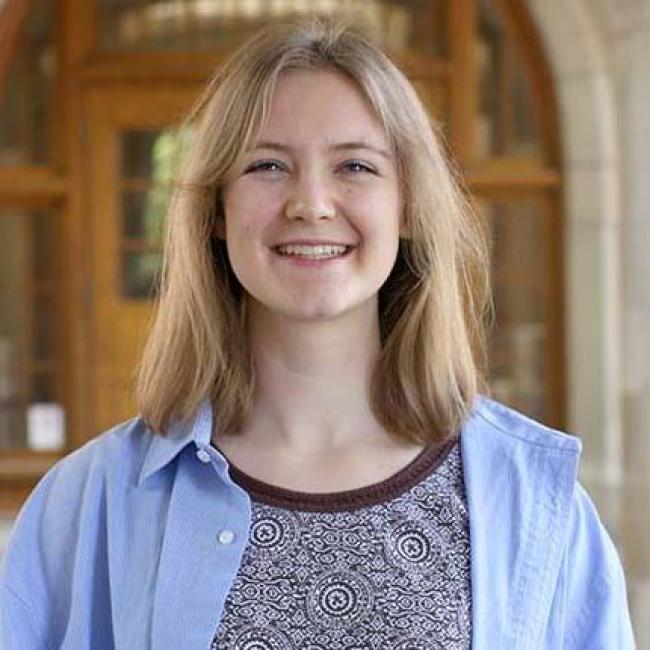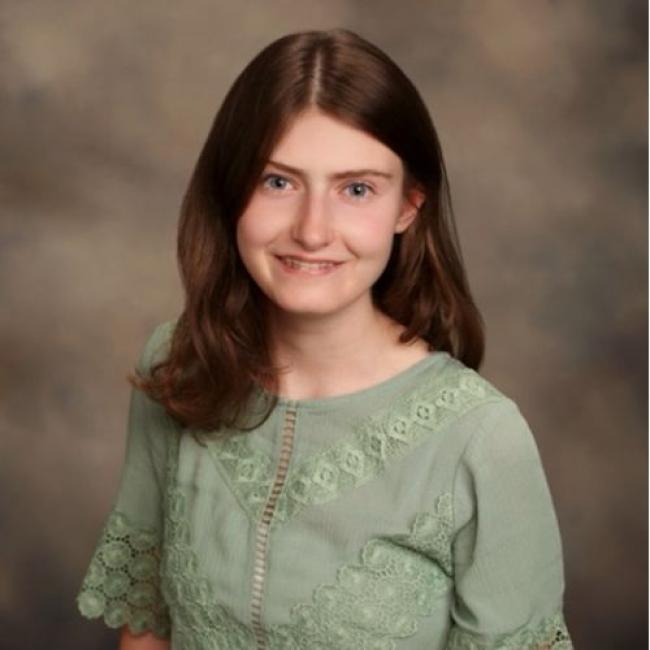
A team of three Augustana students led by Ben Castro ’21, the transportation planner for QC MetroLINK, placed fourth in a national competition.
Castro ’21 positioned to ‘help be the change in the Illinois Quad Cities’
A project led by Ben Castro, a 2021 Augustana graduate, to better understand uneven food access and food insecurities within QC MetroLINK’s service area, placed fourth in a national competition organized by the nonprofit Introducing Youth to American Infrastructure (IYAI).
The project, titled MetroLINK: Food Deserts – Solutions and Mobility Opportunities is tied directly to Castro’s Senior Inquiry for his geography major, which was a food desert analysis of the City of Rock Island.
“This was the perfect way to continue my research into food deserts and to expand on the study area of my original project,” Castro said.



Castro assembled a team with three Augustana students — Amanda Gravelle ’24, Carter Thompson ’24 and Sarah Villani ’25 — to help him locate MetroLINK service areas characterized as food deserts and create solutions on how to solve the food insecurity issue.
“Another thing that I loved about this project is since I grew up in Moline, I was able to find an issue in my home community and help come up with unique solutions for that issue,” Castro said.
MetroLINK is currently in contact with local food pantries to brainstorm how public transportation can help solve the food desert issue.
“Now that I am the transportation planner at MetroLINK, I can help be the change in the Illinois Quad Cities,” Castro said.
This mindset aligns with IYAI’s mission — to turn today’s youth into tomorrow’s American infrastructure leaders, innovators, entrepreneurs and skilled workforce.
The non-profit’s challenge in which Castro’s team placed fourth aimed to encourage young adults to address real-world challenges in their local communities. Participants represented local transport systems from 12 locations across North America and 18 transport operators in Canada.
“What really makes me really proud of the outcome is that we were one of, if not, the only smaller agency to participate in the challenge,” Castro said.
The MetroLINK team competed against large transit systems including CTA (Chicago), RTD (Denver), Tri-Met (Portland) and the Bay Area Metropolitan Transit (seven different Bay Area transit systems).
“I thought they would have an advantage based on their size and resources,” Castro said. “So our fourth-place finish was a shock in a good way. This goes to show that MetroLINK is a top-tier transit system that can stand with the biggest and the best in the country.”
